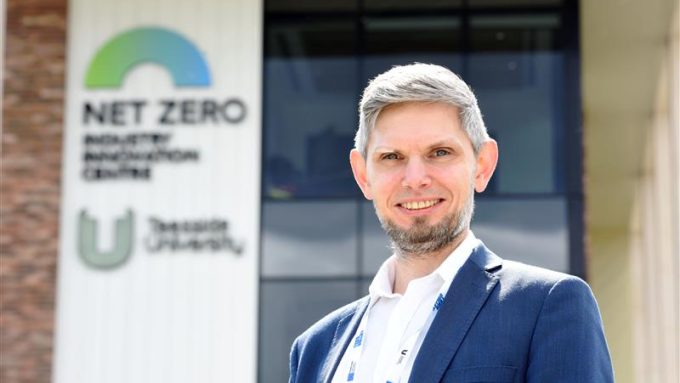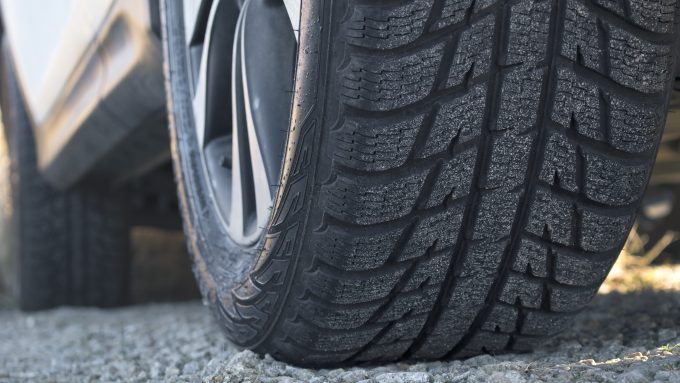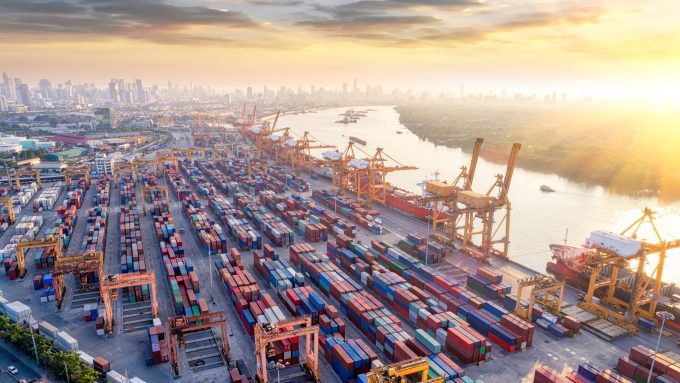
Automation offered up to make manufacturing more efficient

Automated equipment is a common sight on many factory floors, such as on vehicle assembly lines where large arms lift car components into place. But often the machines perform one or two repetitive tasks.
Step forward Extend Robotics, an SME software specialist on the Clean Futures Accelerator, delivered by Connected Places Catapult alongside Coventry University and BCIMO, which is looking to programme robots to help them carry out various manufacturing and assembly tasks.
It has developed control software and assembled a robot to automate the process of battery assembly and testing for vehicles on a production line. Looking ahead, such a robot could also be used for applications such as spray painting.
“The aim is to see what are the tasks that could be automated,” says company founder and chief executive Dr Chang Liu.
For the moment, a human operative uses a virtual reality system developed by Extend Robotics to steer the robot remotely, allowing it to collect data and understand its environment – with a view to operating autonomously in future.
Chang explains that allowing a machine to assemble a battery overcomes a level of hazardous concern to persons should the equipment be handled incorrectly.
“Traditional automation is good for routine tasks, but is often scaled for a single purpose, meaning robots can be hard to use for any other scenario. For tasks that require a high level of variation, traditional automation would typically fail. What we do is provide a flexible way of automating.”Dr Chang Liu, founder and chief executive, Extend Robotics

Nuclear and agricultural applications
Extend Robotics was founded in 2019 by Chang who is an alumnus of Imperial College London, where he studied AI and robotics. He set out to use immersive technology such as AI in order to extend the capabilities of robots in a range of different industry settings.
Three years ago, the company launched a virtual reality application to allow humans to remotely operate robots from a safe distance. The software – known as the Advanced Mechanics Assistance System – has been deployed with robots at a nuclear power plant to handle hazardous materials as part of a decommissioning programme, helping remove people from radioactive environments.
The software has also been used for the space and aviation sectors, and for agriculture to allow robots to pick grapes on a vineyard, prior to the current focus on manufacturing. The company was previously supported on its innovation journey by Digital Catapult, before winning a place on the Clean Futures Accelerator with Connected Places Catapult last year to trial robots in an automotive environment at the Institute for Advanced Manufacturing and Engineering at Coventry University.
In time, the hope is that the robots will learn behaviours themselves, and carry out tasks autonomously. “Rather than an engineer coding all of the circumstances a robot might face, we use machine learning so the robot takes the operational data and continuously learns from past experiences.”
Chang and his team source hardware components from several suppliers to create different components of a robot to carry out various tasks – such as lifting and placing items – with arms installed to grip tools like a human hand.
“Clean Futures has offered a brilliant opportunity for us to develop technology for the automotive industry, which was more difficult to get into than we previously thought,” says Chang.
“But the connections offered by the programme, the technical and commercial help, and the ability to trial our system have been critical. We want to build impact and this programme has been great for us.”
Moving forward, Chang hopes to start working soon with a vehicle manufacturer and commercialise a product to help with the assembly of cars.
Helping address labour shortages
Chang says robots are not out to take people’s jobs; rather that there are too few skilled people available to do the necessary work. “There's a common misperception that robots will take away jobs, but the biggest concern at this point is labour shortage, and having jobs that cannot find people.”
He adds that the UK “has a good track record of adopting new technologies” and says it is clear to him that robots “will become the next big thing”, so it is important for this country to “stay ahead of the competition”.
Latest impact statistics from the Clean Futures Accelerator show the programme has generated £2.6 million for SMEs through contracts or research and development funding, with a further £43 million in the committed pipeline. Click here for further details about the programme’s impact.
Read about the Clean Futures programme.
Clean Futures is being led by Connected Places Catapult in collaboration with the Black Country Innovative Manufacturing Organisation, Coventry University and CU Services Limited. It is part of the wider West Midlands Innovation Accelerator, funded by UK Government and delivered by Innovate UK, which is designed to bolster the region’s innovation and R&D capability and spark commercial growth and investment.






